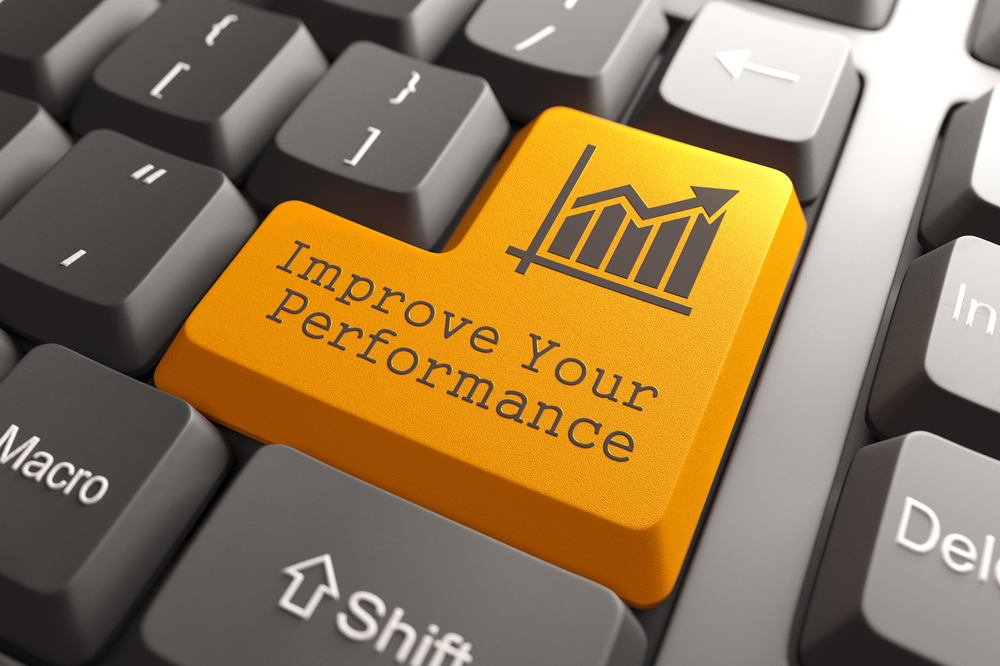14 Signs You Have Outgrown Your ERP System
We all likely have a love-hate relationship with our favorite business software, but when things veer more towards “hate” than “love” then it might...

Enterprise Resource Planning (ERP) systems are vital to the efficient operation of modern businesses, streamlining processes, integrating data, and providing valuable insights for decision-making. However, as businesses grow and technology advances, the ERP systems that once served them well may start showing signs of age and limitations.Knowing when it's time to upgrade your ERP is crucial to avoid inefficiencies, data discrepancies, and potential disruptions. In this blog, we will explore key indicators that suggest your ERP needs an upgrade.
One of the first signs that your ERP system might need an upgrade is an outdated user interface (UI) and user experience (UX). If employees find it challenging to navigate and use the ERP due to a clunky and unintuitive interface, it can hinder productivity and lead to frustration. Modern ERP solutions focus on user-friendly interfaces, simplifying tasks, and providing a seamless experience, making it easier for employees to perform their duties efficiently.
As your business evolves, so do your requirements. If you find that your current ERP system lacks essential functionalities that are now critical to your operations, it might be time to consider an upgrade. For example, you may need features like advanced reporting and analytics, better integration with third-party applications, or mobile accessibility to support a remote workforce.
ERP systems should be able to scale with your business growth. If your current ERP struggles to handle increased data volumes, user loads, or additional modules, it may hinder expansion plans and hinder your ability to adapt to changing market demands. Upgrading to a more scalable ERP can help accommodate future growth and ensure smooth operations.
Over time, as the database and transactions grow, some ERP systems may experience performance issues, resulting in slow response times and delayed processes. Frequent system crashes and prolonged downtime can severely impact productivity and overall efficiency. An upgrade can offer improved performance, enhanced speed, and optimized resource utilization.
In today's fast-paced business environment, real-time data and analytics are crucial for making informed decisions. If your current ERP system struggles to provide timely and accurate insights, you may miss out on opportunities and face challenges in responding to market dynamics. Upgrading to a more advanced ERP can provide you with up-to-date data and advanced analytics capabilities.
With cyber threats becoming more sophisticated, outdated ERP systems may have security vulnerabilities that put your sensitive data at risk. Older systems might not receive regular security updates and patches, leaving them exposed to potential breaches. An upgraded ERP with robust security features can safeguard your critical business information.
In today's mobile-driven world, having access to essential business information on-the-go is essential. If your current ERP lacks mobile accessibility or offers limited functionality on mobile devices, it's time to consider an upgrade. Modern ERPs offer mobile applications that empower employees to stay connected and make informed decisions from anywhere.
Your ERP system is the backbone of your organization's operations and data management. Recognizing the signs that your ERP needs an upgrade is crucial to maintaining efficiency, staying competitive, and meeting the evolving needs of your business. From a dated user interface and inadequate functionality to scalability issues and security concerns, the indicators mentioned above should prompt you to consider an ERP upgrade. By investing in a modern ERP solution, you can future-proof your business and drive growth with streamlined processes, real-time data insights, and enhanced user experiences.

We all likely have a love-hate relationship with our favorite business software, but when things veer more towards “hate” than “love” then it might...

When ERP systems misfire after a merger, finance pays the price first. When systems don’t align after a merger or acquisition, finance can’t report...

Enterprise Resource Planning (ERP) systems are widely used in various industries, including highly regulated environments such as healthcare,...